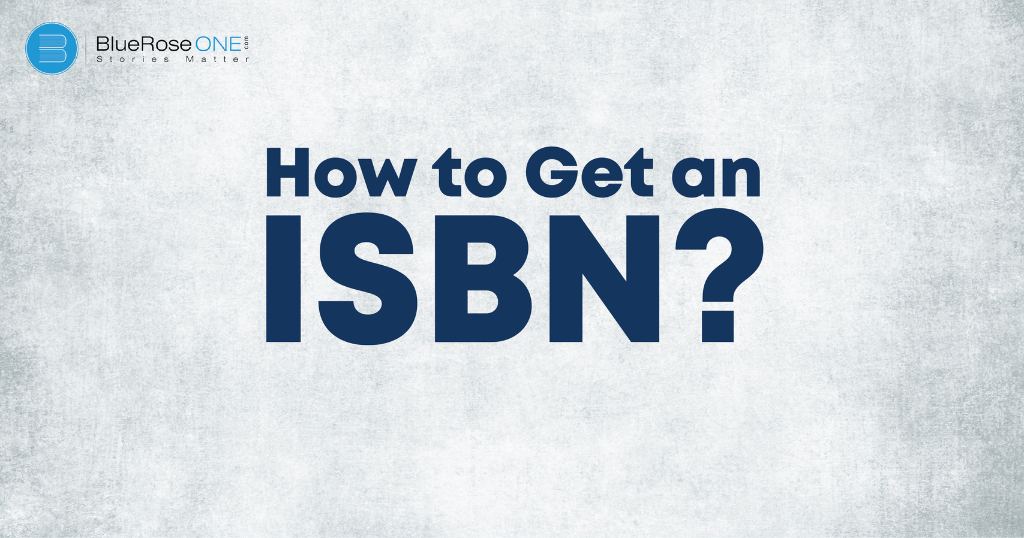Every being has their own separate identity and so do book. ISBN aka Internation Standard Book Number – is a 13-digit identification created expressly to differentiate books and comparable items on a worldwide scale. This alphanumeric designation is applied to monographic publications, which include stand-alone goods in print, audio, and electronic media.
Read: A Step by Step Guide – How to Get an ISBN Number in India.
The ISBN’s principal goal is to provide a standardised method of cataloguing and monitoring individual publications, allowing their worldwide recognition and accessibility across many platforms and marketplaces.
Why is the importance of ISBN?
The capacity to establish a standardised and internationally recognised method for cataloguing and tracking individual publications makes it necessary. The ISBN minimises misunderstanding and assures correct administration of many editions of a book, whether in print, audio, or electronic form, by providing a unique identification for each edition and medium. This global standard promotes efficient book trading and distribution by streamlining the ordering, selling, and inventory management processes for retailers, distributors, and libraries.
ISBNs help books be found online by allowing correct listings on online platforms, search engines, and databases. They also play an important role in library cataloguing, supporting librarians in organising and finding books in their collections. An ISBN provides professional legitimacy to the work of writers and publishers by indicating that their publications are officially recognised and catalogued.
The identifier also facilitates distinguishing between different formats and editions of a book, which is important for both vendors and purchasers looking for specific copies. Furthermore, ISBNs are essential for statistical research of book sales and industry trends, providing authors, publishers, and the larger publishing ecosystem with useful data. In essence, the ISBN is a cornerstone of the book business, helping to streamline information flow, provide worldwide accessibility, and contribute to the overall efficiency of book trade and dissemination.
You may also: Negative Adjectives to Describe People: Examples and Meanings
How can you apply for an ISBN as an independent author?
- Decide the Publishing Platform: If you are publishing through a traditional publishing house, they will typically handle the assignment of ISBNs for your book. If you are self-publishing or using a print-on-demand service, you might have the option to obtain an ISBN through the platform or purchase one independently.
- Find the ISBN Agency of your Country: In many countries, ISBNs are managed by a national agency. Find the agency in your country responsible for issuing ISBNs. In the United States, for example, Bowker is the official ISBN agency.
- Visit the ISBN Agency’s Website: Go to the website of the ISBN agency in your country. Most agencies provide detailed information and guidelines on obtaining an ISBN.
- Register for an Account: Some ISBN agencies require you to create an account before applying for ISBNs. Provide the necessary information, including your name, contact details, and, if applicable, your publishing company details.
- Provide Book Information: Once registered, you’ll need to provide specific details about your book, such as title, author, format (print or e-book), edition, language, and publication date. Eg., the title (“A Journey Beyond”), author (Jane Doe), format (print), edition (first edition), language (English), and publication date (xx-may-20xx).
- Pay the Fee (If Applicable): Depending on your country and the ISBN agency’s policies, there may be a fee associated with obtaining an ISBN. Be prepared to pay this fee online.
- Receive and Assign ISBNs: After completing the application process, you will be assigned a block of ISBNs. Each ISBN in the block can be assigned to a different edition or format of your book.
- Incorporate the ISBN into Your Book: Once you have your ISBN, incorporate it into the copyright page of your book. Include it in any metadata provided to retailers and distributors.
- Repeat the Process for Each Format: If you are publishing your book in multiple formats (e.g., print and e-book), you may need separate ISBNs for each format.
You may also like: Archangels Names List: Meanings, Powers, and Symbolism
What is the difference between ISBN and Barcode?
Although separate, the International Standard Book Number (ISBN) and barcode are symbiotic aspects in the world of book printing and dissemination.
An ISBN is a 13-digit unique identification provided to books that denotes certain editions or formats and is essential for worldwide cataloguing and tracking. It is often located on the copyright page and gives critical information for acquiring and recognising books worldwide.
A barcode, on the other hand, is a machine-readable representation of data that is normally printed on the back cover next to the ISBN. It improves sales and inventory procedures, particularly in retail contexts. When a book is scanned at a point of sale, for example, the barcode is read and the matching ISBN is obtained, connecting to the book’s information in the database.
The combination of ISBN and barcode guarantees rapid and precise book identification, allowing for seamless operations in publishing, distribution, and sales. They work together to ensure the smooth operation of the book business, from manufacture to the point of sale.
Read: Learn How to Write and Publish a Leadership Book in 2024 – Complete Guide
All in all, getting an ISBN (International Standard Book Number) is a critical step for authors, publishers, and independent writers looking to give their publications a worldwide identity. ISBN is significant because it serves as a standardised and internationally recognised mechanism for cataloguing and tracking individual publications, allowing for efficient book trading and distribution. Finding the proper publishing platform, locating the ISBN agency in your country, registering for an account, giving book data, paying any required costs, and inserting the issued ISBN into your book are all steps in the process of gaining an ISBN.
ISBN numbers do not have an expiration date and are thus indefinitely valid. Even if you have an ISBN from a long time ago, it is still usable, and you may use it without any problems.
An ISBN (International Standard Book Number) is a 13-digit number that identifies books, with each segment providing unique information. In the example “978-0-306-40615-7,” the prefix ‘978’ denotes global distribution, ‘0’ in the registration group denotes the English language, ‘306’ denotes the publisher, and ‘40615’ denotes the book’s one-of-a-kind edition. The last digit, ‘7,’ serves as a check digit to ensure correctness. Understanding these components allows consumers, booksellers, and libraries to gather useful information about a book’s origin, language, publisher, and edition from its ISBN.
An ISBN (International Standard Book Number) is a 13-digit number that identifies books, with each segment providing unique information. In the example “978-0-306-40615-7,” the prefix ‘978’ denotes global distribution, ‘0’ in the registration group denotes the English language, ‘306’ denotes the publisher, and ‘40615’ denotes the book’s one-of-a-kind edition. The last digit, ‘7,’ serves as a check digit to ensure correctness. Understanding these components allows consumers, booksellers, and libraries to gather useful information about a book’s origin, language, publisher, and edition from its ISBN.
















